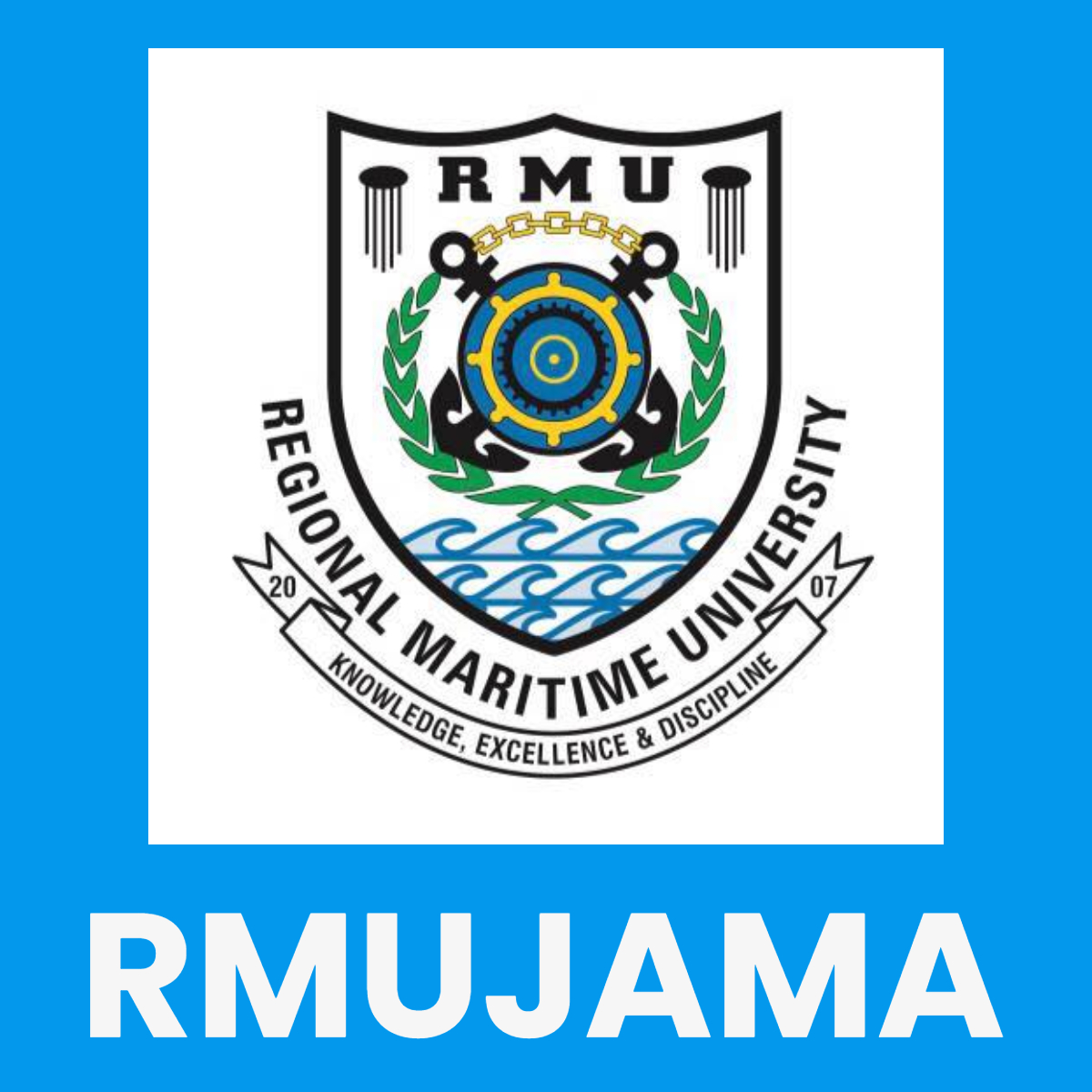LEVERAGING CONSTRUCTION AND MAINTENANCE OF SUBMARINE FIBER CABLES FOR MARINE BIG DATA ANALYTICS: A CASE STUDY OF TANZANIA AND THE GAMBIA
Abstract
Submarine fibre cables are critical infrastructure, enabling global connectivity and fostering digital economies. In East Africa, particularly Tanzania, and West Africa, particularly The Gambia, these cables face shared challenges. This research explores how the construction and maintenance of submarine fiber cables can be leveraged to advance marine big data analytics, providing a pathway to mitigate risks, enhance operational efficiency, and drive economic resilience. Employing a mixed-methods approach, the study examined stakeholder insights, technological readiness, and regulatory frameworks across both nations. Findings highlight the urgent need for clear liability frameworks, collaborative marine insurance policies, and enhanced capacity-building initiatives to address recurring cable damage and operational inefficiencies. The research emphasizes the transformative potential of marine big data analytics in optimizing cable routes, enabling real-time monitoring, and supporting eco-friendly deployment. Collaboration between East Africa and West Africa is proposed as a model for shared learning, resource pooling, and regional standard-setting. The study concludes that stable submarine fiber cables underpin a robust digital marine economy, enabling sustainable growth and improved connectivity. Future research should explore AI-driven predictive maintenance, renewable energy solutions for cable operations, and the socioeconomic impact of big data-enabled marine systems.
